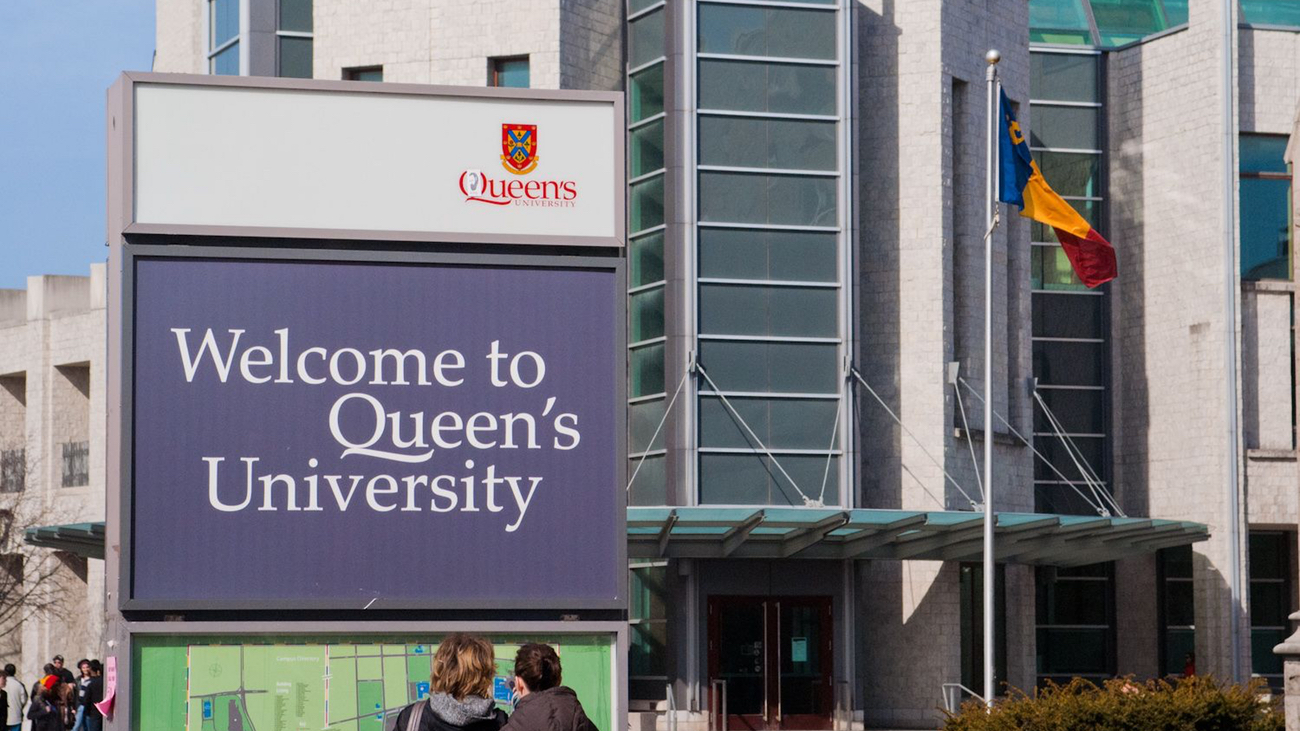
The strategic planning committee at Queen’s law school held a town hall meeting last night with students to outline its proposal to increase first-year enrolment from 165 to 200.
Before the meeting, students widely opposed the plan, says Cheryl Lau, a second-year law student at Queen’s in an interview with Precedent. “I think after the meeting, people weren’t necessarily persuaded to the faculty’s side, but we were more understanding and aware and less opposed.”
Students had two central concerns, says Lau. First, they worried that more students will damage the school’s small-community atmosphere. Before Lakehead opened its law school this September with 60 students, Queen’s had the smallest student body in Ontario. Second, students were worried that the market for articling positions cannot accommodate more graduates. Since 2008, the number of unplaced law grads has grown from 5.8 percent to 12.1 percent, according to a report from the Law Society of Upper Canada. Queen’s graduates, notably, have the best placement rate in the province.
Lau says the faculty presented a clear response: without additional revenue, both the school’s tight-knit community and placement rate are at risk.
Queen’s has insisted that to compete with Toronto’s law schools, it must increase enrolment (read Precedent’s full coverage on this issue here). After Ontario’s tuition freeze in 2004 and the current tuition cap from 2006, the school says adding students is the only way to generate the $2 million needed to hire additional faculty and improve student programs. Today, Queen’s tuition sits at $16,125 while Osgoode Hall costs $21,593 and the University of Toronto charges $29,257.
The provincial government explains that this gap is an unintended consequence of the tuition cap, yet there are no immediate plans to change the system.
“I will not turn a blind eye to these concerns. I have an obligation to Queen’s to take a look at what options may exist,” says Brad Duguid, the province’s minister of training, colleges and universities, in an interview with Precedent. “I would recommend, though, that they continue to operate under the current framework for the foreseeable future, until we know that there’s a better alternative.”
The current cap is designed to keep pace with inflation. Universities can raise fees for graduate programs, like law, by five percent annually, as long as the cumulative tuition increase across the school does not exceed three percent. Duguid says changes would have to focus on protecting student interests. Substantial tuition increases, in other words, are off the table.
At the same time, Duguid says forcing schools with the highest tuitions, like U of T and Osgoode, to decrease their fees would be unfair. Ultimately, he says a viable solution may not exist.
For now, he says Queen’s has the right to increase enrolment as it sees fit. “Overall, we have some of the best law schools anywhere and the success rate of our law students is very, very impressive.”
Lau says the planning committee will meet with students again once they have more specific details about what programs might be added.
If you are a Queen’s student or faculty member, you can email us with a comment here.
